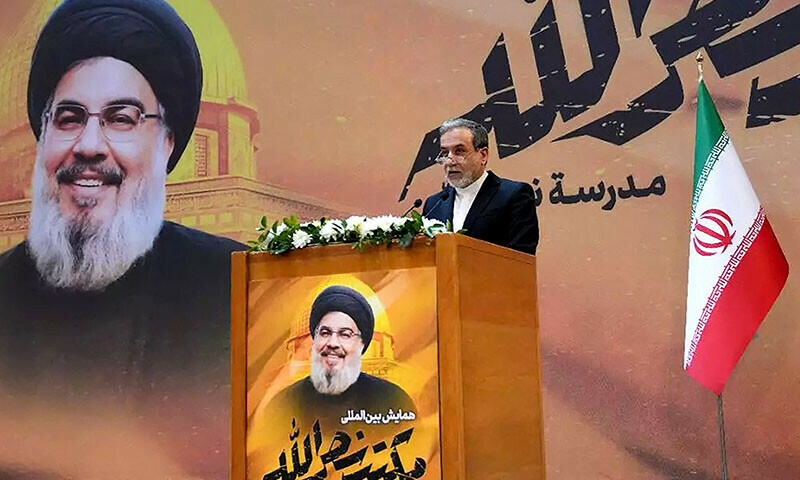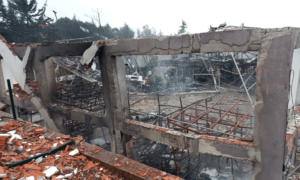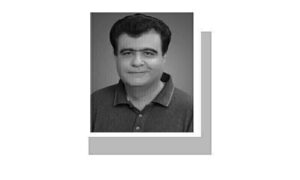Iran signalled an openness towards Donald Trump on Saturday, calling on the US president-elect to adopt new policies towards it after Washington accused Tehran of involvement in a plot to kill him.
Vice President for Strategic Affairs Mohammad Javad Zarif urged Trump to reassess the policy of “maximum pressure” he employed against the Islamic republic during his first term. “Trump must show that he is not following the wrong policies of the past,” Zarif told reporters.
His remarks came after the United States accused Iran of conspiring to assassinate Trump.
Iran’s Foreign Minister Abbas Araghchi on Saturday called the accusations “fabricated” in a post on social media platform X. “As a killer does not exist in reality, scriptwriters are brought in to manufacture a third-rate comedy,” Araghchi said of the US claims.
Earlier, his ministry described the accusations as “totally unfounded”.
Tehran and Washington severed diplomatic relations shortly after the Islamic revolution in 1979.
Zarif, a veteran diplomat who previously served as foreign minister, helped to seal the 2015 nuclear accord between Iran and Western powers, including the United States.
However, the deal was torpedoed in 2018 after the United States unilaterally withdrew from the deal under Trump, who later reimposed sanctions on Tehran.
In response, Iran rolled back its obligations under the deal and has since enriched uranium up to 60 per cent, just 30pc lower than nuclear-grade.
Iran has consistently pushed back against Western accusations that it was pursuing nuclear weapons.
Araghchi in his post said: “Iran is NOT after nuclear weapons, period.” “This is a policy based on Islamic teachings and our security calculations,” he added.
‘Do the maths’
Zarif said that it was Trump’s political approach towards Iran that led to the surge in enrichment levels.
“He must have realised that the maximum pressure policy that he initiated caused Iran’s enrichment to reach 60pc from 3.5pc, and increased its centrifuges,” he said.
“As a man of calculation, he should do the maths and see what the advantages and disadvantages of this policy have been, and whether he wants to continue or change this harmful policy,” Zarif added.
Iran insists that it uses nuclear technology for safe and civilian purposes.
During his first term, Trump also ordered the killing of Iranian military commander Qasem Soleimani, who led the Islamic Revolutionary Guard Corps foreign operations arm, the Quds Force. Soleimani was killed in a drone strike while he was in the Iraqi capital Baghdad in January 2020.
On Tuesday, election day in the United States, Trump told reporters he was “not looking to do damage to Iran”.
“My terms are very easy. They can’t have a nuclear weapon. I’d like them to be a very successful country,” he said after casting his ballot.
On Thursday, foreign ministry spokesman Esmaeil Baghaei said he hoped the president-elect’s return to power would allow Washington to “revise the wrong approaches of the past”, although he avoided mentioning Trump by name.
Trump’s election victory came after Iran and Israel attacked each other directly, raising fears of a further regional spillover of the conflicts in Gaza and Lebanon.







